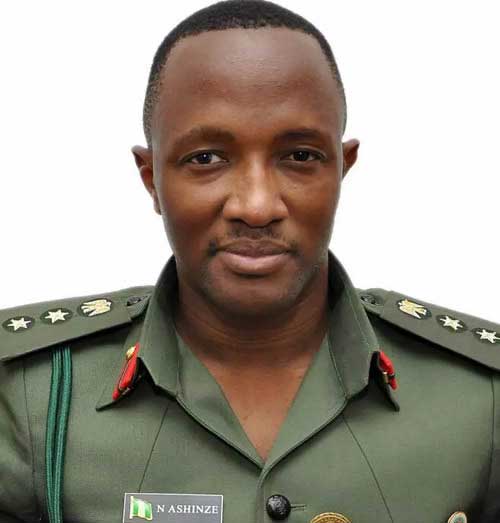In another chapter of the #Dasukigate scandal, a High Court in Abuja has ordered for the immediate release of an aide to the former National Security Adviser, Nickolas Ashinzeh, from a military facility, warning against wrongful detention of suspects by Nigerian security agencies.
Mr. Ashinzeh had protested against Economic and Financial Crimes Commission, EFCC, the Nigerian Army and the Chief of Army Staff Tukur Buratai treatment of his person by detaining him without trial since December 23, 2015.
He claimed N500 million as damage from the court against the respondents and also an apology for the violation of his rights.
Taking his side, the trial Judge, Yusuf Halilu, ordered Mr. Ashinzeh to be released with immediate effect, adding that the agencies responsible for the detention must learn to act within the provisions of law.
“The respondents have not behaved like those living in a civilized society. They behaved like we are still in the military era.
“The EFCC’s motto is: Nobody is above the law; but they are acting as if they are above the law here,” Mr. Halilu said.
“The EFCC Act is not superior to the 1999 Constitution as amended,” said Mr. Halilu.
Mr. Halilu noted that based on Section 35 (1) of the 1999 Constitution, the detention of the applicant since December 23, 2015, is illegal, wrongful and a “blatant” violation of his (Mr. Ashinzeh’s) fundamental rights.
That was as far as he went with the wishes of Mr. Ashinze as he did not grant his prayer as regarding the payment of damages or the public apology.
Mr. Halilu also did not grant the prayers sought by the applicant that a perpetual injunction be issued to the three respondents.
“Perpetual injunction can only be granted after trial especially when an accused person has proved his case.
“If the EFCC has a case against the applicant they should take him to court,” he stated finally.

